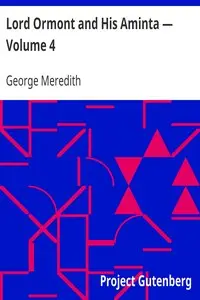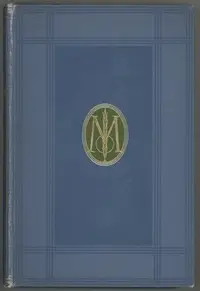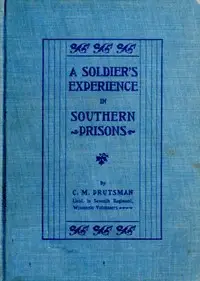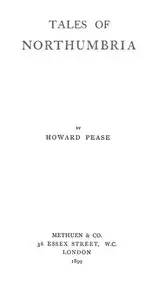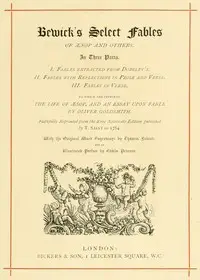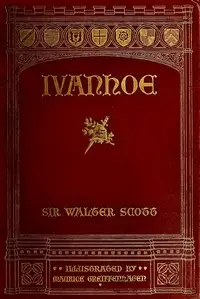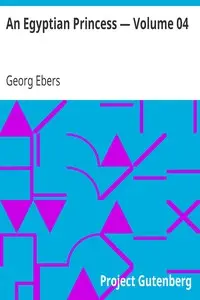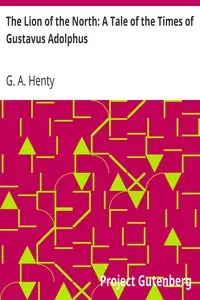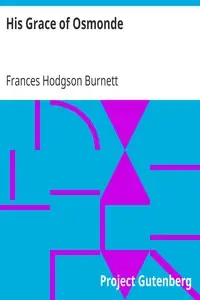"Vittoria — Volume 2" by George Meredith is a historical novel written during the late 19th century. The narrative unfolds in Italy amidst the turmoil of political strife and national identity struggles, focusing on the character Vittoria, a young woman deeply entrenched in a revolutionary movement against the oppressive Austrian rule. At the start of this volume, Lieutenant Wilfrid Pierson reflects on a poignant letter from Vittoria, who expresses her love and regrets about their conflicting allegiances. As tensions rise in Verona, the narrative shifts to portray the dynamics between the Austrian officers and the local Italians, illustrating a brewing conflict. The lieutenant navigates social conflicts, dual loyalties, and the complexities of love amidst a backdrop of mounting revolutionary fervor. The opening chapters set the stage for the impending conflict and reveal the intertwined lives of the characters caught between patriotism and duty, hinting at the explosive developments that lie ahead. (This is an automatically generated summary.)

Vittoria — Volume 2
By George Meredith
"Vittoria — Volume 2" by George Meredith is a historical novel written during the late 19th century. The narrative unfolds in Italy amidst the turmoil...
George Meredith was an English novelist and poet of the Victorian era. At first, his focus was poetry, influenced by John Keats among others, but Meredith gradually established a reputation as a novelist. The Ordeal of Richard Feverel (1859) briefly scandalised Victorian literary circles. Of his later novels, the most enduring is The Egoist (1879), though in his lifetime his greatest success was Diana of the Crossways (1885). His novels were innovative in their attention to characters' psychology, and also portrayed social change. His style, in both poetry and prose, was noted for its syntactic complexity; Oscar Wilde likened it to "chaos illumined by brilliant flashes of lightning". Meredith was an encourager of other novelists, as well as an influence on them; among those to benefit were Robert Louis Stevenson and George Gissing. Meredith was nominated for the Nobel Prize in Literature seven times.



